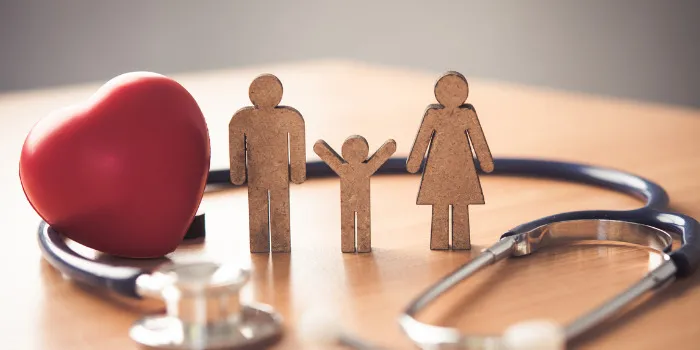Ask a Social Worker is a monthly column featuring questions from the community and answers from members of NHF’s Social Work Working Group. If you have questions for our social workers, send them to [email protected].
Dear Alfredo,
I’m 24 and have severe hemophilia A. My entire life, I’ve been fortunate enough to be covered under private insurance. Currently, my health insurance is through my employer. Recently I’ve been thinking of leaving my job to work on personal projects. My savings are sufficient to support myself for a few years, but the loss of health insurance concerns me.
My monthly COBRA premium would be $800, and the cheapest marketplace plan I found while searching (albeit cursorily) was $500. These are quite expensive, so I was wondering: Would having hemophilia qualify me for some sort of public insurance such as Medicaid (or even Medicare)?
For context, I’m based in New York (though I can relocate back home to New Jersey), and my income would be $0. I plan to reach out to my social worker as well, but figure it would be worthwhile to reach out to you first.
Sincerely,
Paul V.
Dear Paul,
Reaching out to your hemophilia treatment center (HTC) social worker is a great idea. Medical insurance for the bleeding disorders community, despite being something everyone across the nation relies on, varies greatly from state to state—most notably as it pertains to Medicaid. So, while I can give some guidance here, it is always best to follow up with someone who can speak to your specific situation and give you a better sense of what your options are.
That said, here are some basic facts about your public healthcare insurance options:
Medicaid is a state-run healthcare insurance program that is usually designated for people who meet certain criteria, most notably low-income status. New York Medicaid, for example, states that it may cover people if they have high medical bills, meet certain income requirements or receive Supplemental Security Income. In New York and New Jersey, the financial limit for a single-person household is $17,131 per year before taxes, whereas Louisiana, for example, sets its limit alongside the federal poverty guideline of $12,880.
Medicare, on the other hand, is a federal insurance program aimed at people ages 65 and older. Some can qualify for Medicare before age 65, but that requires receiving benefits from Social Security Disability Insurance or a diagnosis of end-stage renal disease or Lou Gehrig’s disease (amyotrophic lateral sclerosis, or ALS). Given that you’re not approaching 65 anytime soon, it would require applying to Social Security for disability status, and that is a topic far bigger than I can answer here. Suffice it to say that while a diagnosis of hemophilia by itself was considered a disability in years past, that no longer is the case. Patients with bleeding disorders are encountering many more challenges to disability applications in recent years, given that medications and treatment have improved and technology has helped close gaps to the workforce.
Another option that is available in New York state is an Essential Plan. This is health insurance for residents who earn above the Medicaid threshold but not enough to afford a health insurance marketplace plan or COBRA coverage. The income threshold is $25,760 per year for a household of one.
Again, it’s a good idea to speak to your HTC’s social worker. Some states may have programs that are not known nationally, like the Essential Plan. Your social worker will be more aware of these programs, their requirements and how to access them.
I wish you the best on your personal projects. Working for yourself can be daunting and exciting at the same time. Your bleeding disorder should not be a barrier between you and your goals.
—Alfredo A. Narvaez, LMSW
Narvaez is a social worker at the Louisiana Center for Bleeding and Clotting Disorders in New Orleans and a member of the Social Work Working Group.

